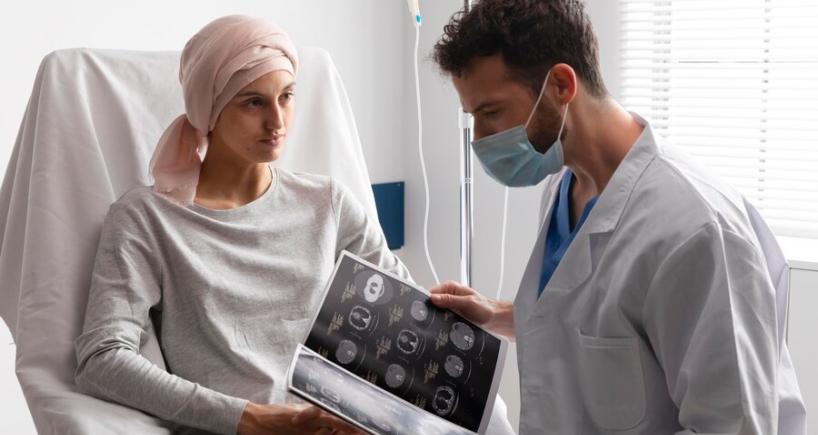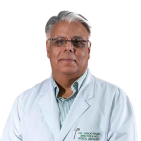
Myths and Facts About Cancer
Myths and Facts About Cancer: Dispelling Misconceptions for Better Understanding and Awareness
Cancer is a complex and often misunderstood disease that affects millions of people worldwide. Despite advancements in research and treatment, there are still many misconceptions surrounding cancer that can lead to fear, stigma, and misinformation. In this article, we aim to debunk some common myths about cancer and provide accurate information to promote better understanding and awareness.
Myth 1: Cancer is always a death sentence.
Fact: While a cancer diagnosis can be frightening, it's essential to understand that many people survive cancer and go on to live healthy, fulfilling lives. Advances in early detection, treatment modalities, and supportive care have significantly improved survival rates for various types of cancer. With timely diagnosis and appropriate treatment, many cancers are now considered manageable chronic conditions.
Myth 2: Only older people get cancer.
Fact: While age is a significant risk factor for cancer, it can affect people of all ages, including children and young adults. Certain types of cancer, such as prostate cancer and breast cancer, are more common in older adults, but others, like leukemia and brain tumors, can occur at any age. It's important for people of all ages to be aware of potential cancer symptoms and undergo recommended screenings based on their risk factors.
Myth 3: Cancer is contagious.
Fact: Cancer is not contagious and cannot be spread through casual contact, such as hugging, kissing, or sharing food. Cancer develops due to genetic mutations or environmental factors that lead to abnormal cell growth in the body. While certain infectious agents, such as the human papillomavirus (HPV) and the hepatitis B and C viruses, can increase the risk of developing certain cancers, the cancers themselves are not contagious.
Myth 4: Cancer is caused by a single factor, such as genetics or lifestyle.
Fact: Cancer is a multifactorial disease influenced by a combination of genetic, environmental, and lifestyle factors. While certain genetic mutations may increase an individual's predisposition to cancer, lifestyle choices such as smoking, poor diet, lack of exercise, and exposure to carcinogens can also play significant roles in cancer development. Additionally, factors like age, hormonal changes, and chronic inflammation can contribute to cancer risk.
Myth 5: Alternative therapies can cure cancer without conventional treatment.
Fact: While complementary and alternative therapies may offer symptom relief and support for cancer patients, there is no scientific evidence to support the claim that they can cure cancer on their own. Conventional cancer treatments, such as surgery, chemotherapy, radiation therapy, and targeted therapy, are backed by extensive research and clinical trials demonstrating their effectiveness in treating various types of cancer. It's essential for cancer patients to work closely with their healthcare providers to develop a comprehensive treatment plan that incorporates evidence-based therapies.
Myth 6: Superfoods or special diets can prevent or cure cancer.
Fact: While maintaining a healthy diet rich in fruits, vegetables, whole grains, and lean proteins is important for overall health and may reduce cancer risk, there is no single "superfood" or specific diet that can prevent or cure cancer. Instead, a balanced diet combined with regular exercise, avoidance of tobacco and excessive alcohol consumption, and appropriate cancer screenings can help reduce the risk of developing certain cancers and improve overall well-being.
Myth 7: Cancer always causes pain.
Fact: While some cancers can cause pain, especially as they advance or spread to nearby tissues, not all cancer patients experience pain. Many cancers are detected at an early stage before symptoms develop, while others may cause symptoms that are not painful, such as changes in bowel habits, unexplained weight loss, or persistent fatigue. Pain management is an essential component of cancer care, and healthcare providers can offer a variety of treatments to help alleviate pain and improve quality of life for cancer patients.
Categories
Clear allMeet the doctor

- Oncology | Medical Oncology
-
40 Years
-
3000



















